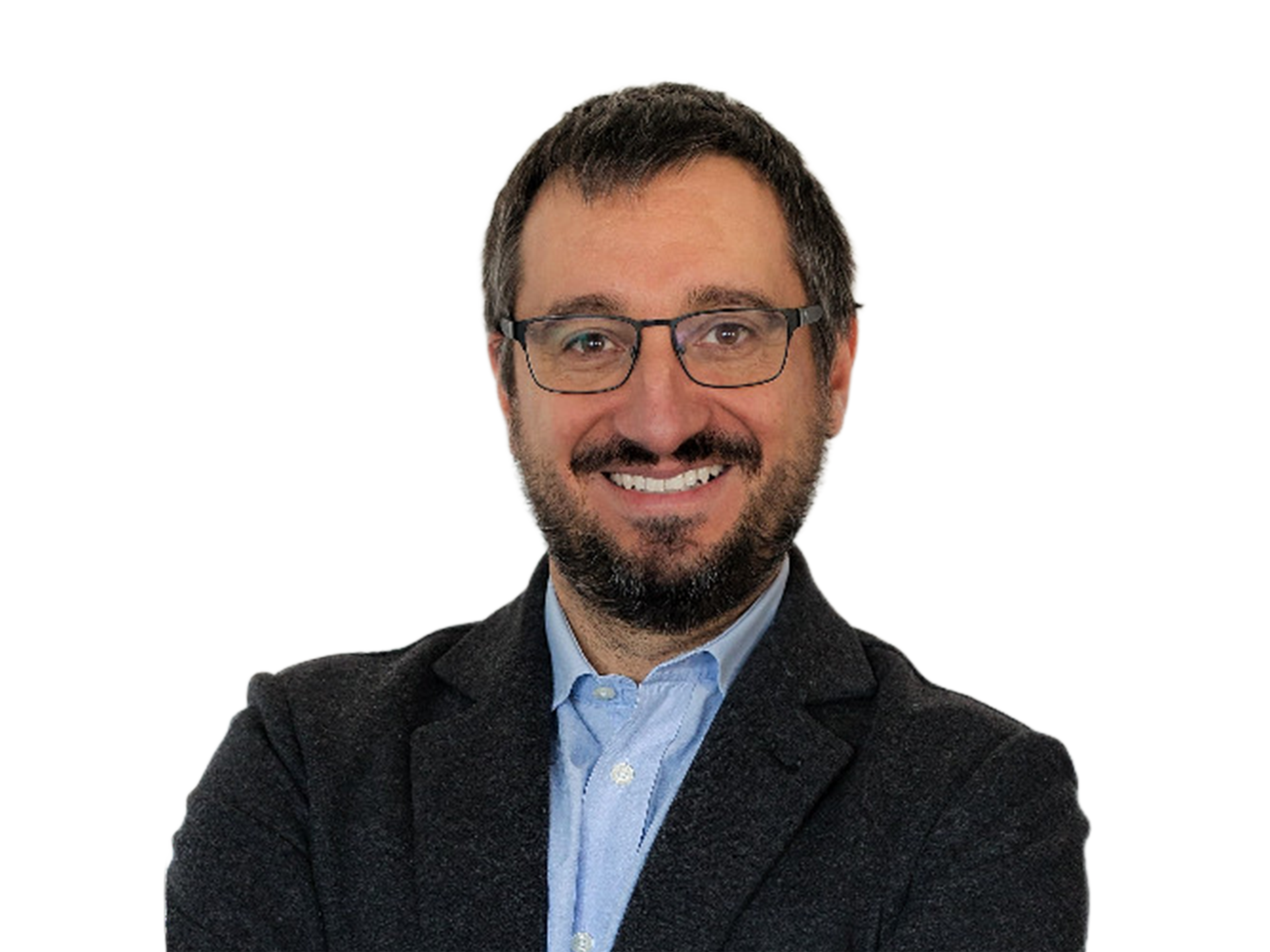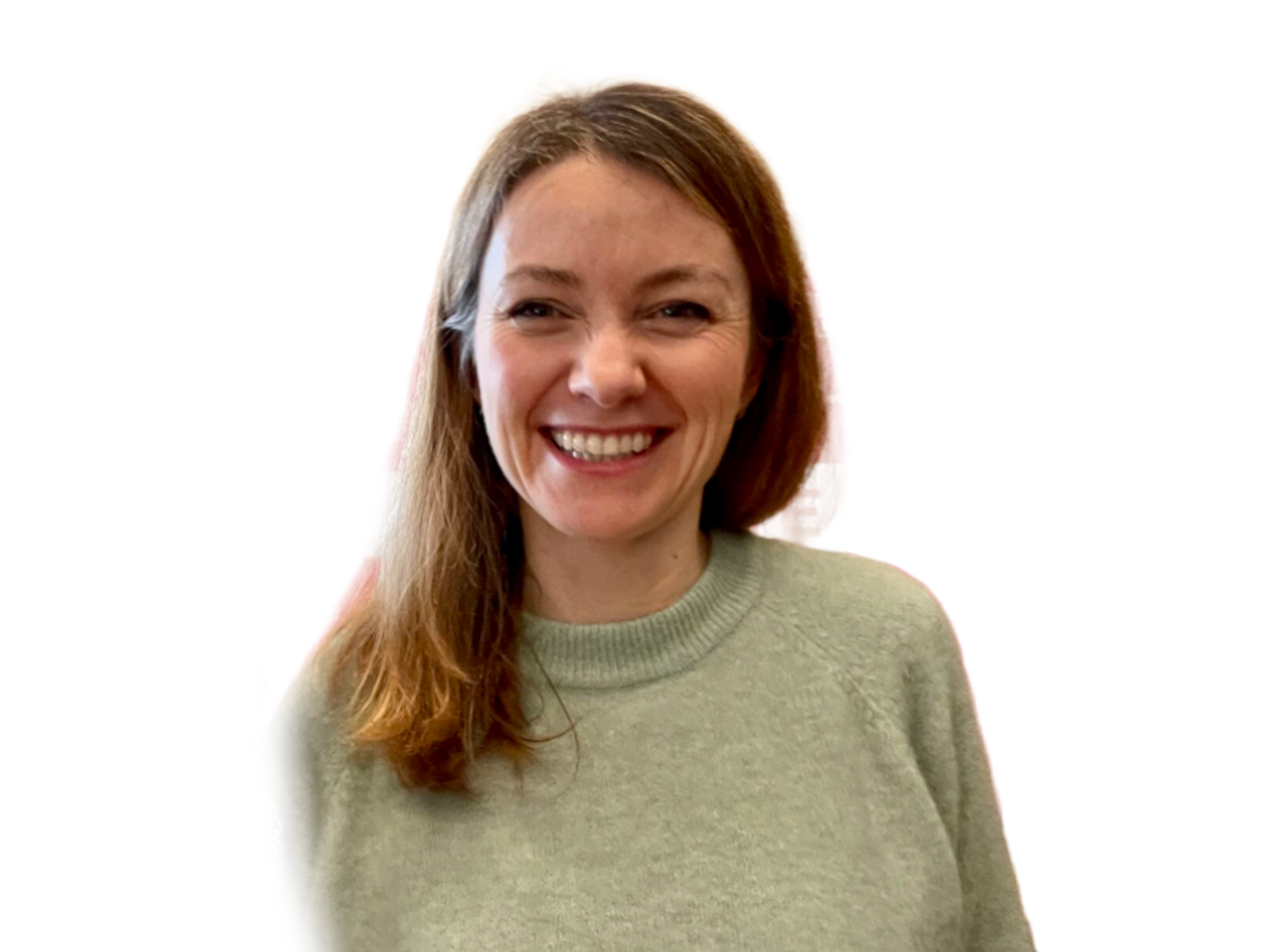With dedicated tracks on Industry and Education, the Conference offered an ideal platform to showcase the BRIGHTskills project, given its strong focus on urgent and emerging skills for the healthcare workforce.
As part of the session “New approaches and technologies in education:the role of critical thinking in biomedical engineering programs”, BRIGHTskills was introduced at the 6th International Conference on Medical and Biological Engineering (CMBEBIH 2025).
Held in Sarajevo, Adna Softić from the Verlab Institute, presented the project to a spectrum of audiences from more than 15 countries, including all Western Balkan country representatives.
The conference offered an ideal platform to showcase the BRIGHTskills project, given its strong focus on urgent and emerging skills for the healthcare workforce. Verlab Institute’s presentation highlighted how the project addresses skill gaps in healthtech and medtech by fostering innovative educational approaches and mapping industry needs.
The session emphasised the importance of Western Balkan stakeholders joining international consortia to bring forward their perspectives, highlight needs and best practices, and learn from leading institutions. Participants were invited to contribute by completing the Health Industry Skills Mapping Questionnaire, ensuring that voices from the region help shape the future of healthcare education and workforce development.
The panel discussion that followed gathered distinguished experts: Prof. Dr. Piotr Ladyzynski (Polish Academy of Sciences), Prof. Dr. Nandu Goswami (Medizinische Universität Graz), Assoc. Prof. Monia Avdić Obučić (International Burch University), Prof. Dr. Mirza Žižak (International Academy of Sciences and Arts of Bosnia and Herzegovina), Prof. Dr. Maja Drakić (University Donja Gorica, Podgorica), and Dr. Lemana Spahić (Verlab Institute).
Key messages underscored the importance of critical thinking in medtech and healthtech education. Experts stressed the identification of emerging skills such as artificial intelligence literacy, data science applications in healthcare, and the value of interdisciplinary studies that merge engineering, medicine, and social sciences.
These competencies are vital to prepare the next generation of professionals for a rapidly transforming sector.





